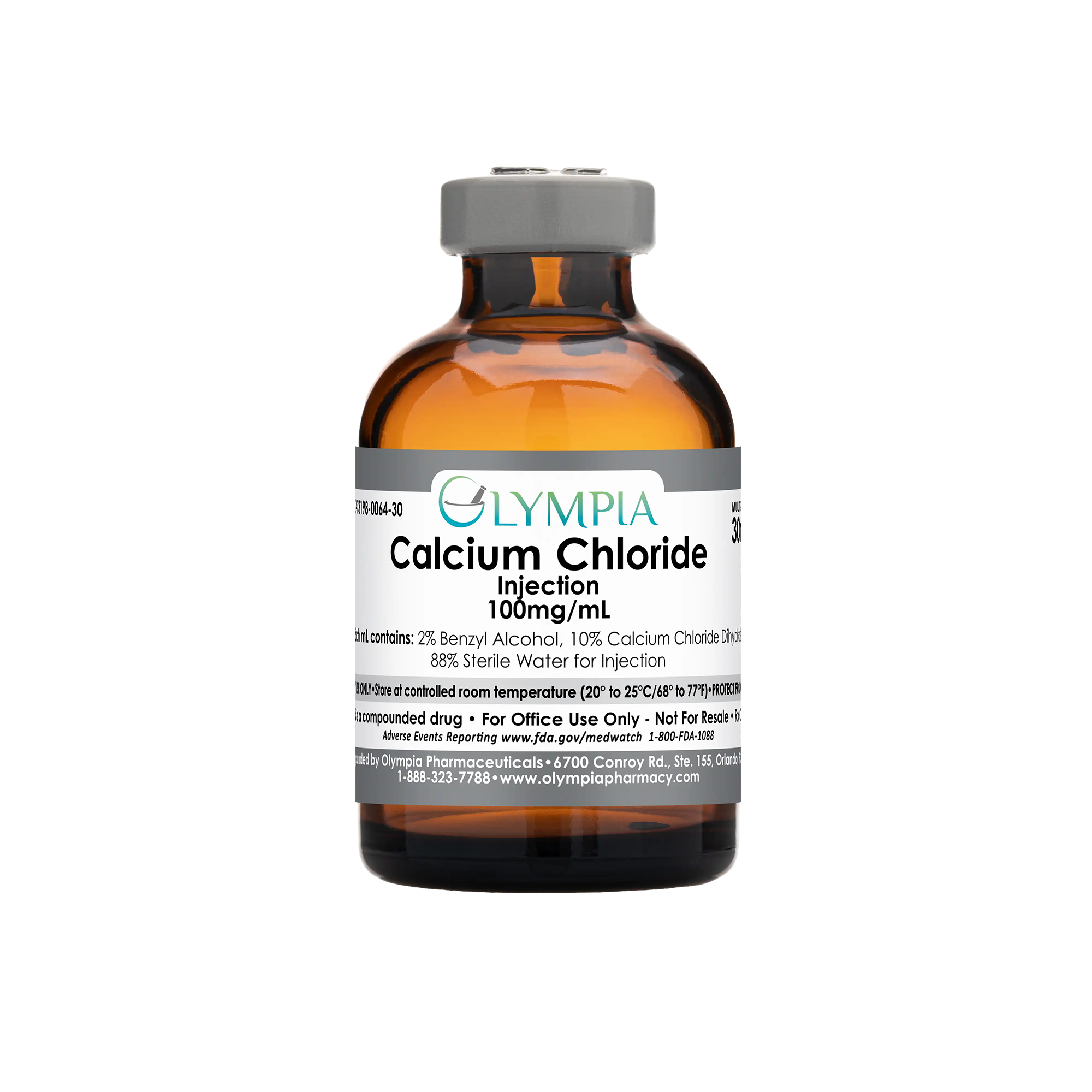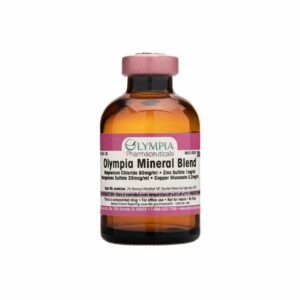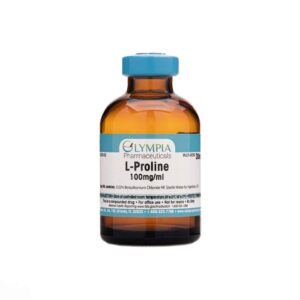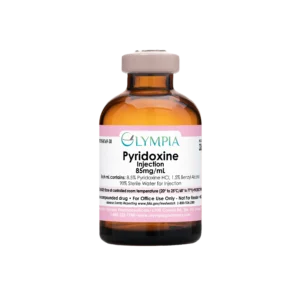Calcium Chloride Injection
Calcium chloride is used to address the symptoms of hypocalcemia (low calcium), hyperkalemia (high potassium), and hypermagnesemia (high magnesium).
Concentration
- 100mg/ml (30ml vial)
Overview
Calcium chloride helps to regulate the levels of other minerals in the body. This makes it an important part of keeping the body functioning properly. Calcium is the fifth most abundant element in the body, and it is the major component of your bones. Calcium is essential to the function of our nervous and muscular systems, the coagulation of blood, and for normal contractility of the heart. Calcium also affects the secretory activity of endocrine and exocrine glands. In addition, it plays a crucial role in intracellular signaling, neurotransmitter release and maintaining cell membrane potential. In water, calcium chloride breaks down into calcium and chloride ions. These ions are regular components of body fluids and depend on other physiological mechanisms to maintain the balance between one’s intake and output. Approximately 80% of body calcium gets excreted in the feces as insoluble salts, and the remaining 20% is excreted through the urine.
What Is Calcium Chloride Prescribed For?
Calcium chloride injections may be used to address symptoms of hypocalcemia (low calcium), hyperkalemia (high potassium) and hypermagnesemia (high magnesium). It is also used in the management of hypocalcemic tetany, which causes muscle spasms due to abnormally low levels of calcium in the body. Additionally, calcium chloride is used as an additive in cardiac resuscitation, helping to stabilize the heart during instances of arrhythmias or cardiac arrest. It is sometimes administered in critical situations to improve the contractility of the heart. In some cases, calcium chloride is also utilized in the management of calcium channel blocker toxicity.
Benefits of Calcium Chloride
Calcium chloride acts as an electrolyte, helping your body maintain fluid balance during activities and helps you to maintain proper muscle and nerve functioning. Calcium chloride also helps to maintain bone health and reduce the risk of muscle spasms. Moreover, by helping to correct imbalances of calcium and other minerals, calcium chloride can be essential in addressing certain life-threatening conditions. It is also beneficial in promoting the normal function of enzymes and hormones.
Calcium Chloride IV Dosage, Concentration, Route of Administration
Dosage: Seek advice from a licensed physician, medical director, or other healthcare provider
Concentration: 100mg/ml
Route of Administration: For IV Injection only
Resources:
Precautions/Side Effects
Calcium chloride interacts severely with the antibiotic ceftriaxone. Calcium chloride has moderate interactions with 48 different drugs and mild interactions with at least 52 different drugs. Therefore, it is extremely important to tell your doctor or pharmacist about all the products you use. Keep a list of all medications you are taking and share it with your doctor or pharmacist. Check with your care provider for any questions or concerns. Calcium chloride should not be used by those with known or suspected digoxin toxicity; kidney stones; hypercalcemia (high calcium blood levels); and hypophosphatemia (low phosphate blood levels). It is not recommended as a routine treatment in cardiac arrest or as an intramuscular (IM) or subcutaneous administration. It is not recommended for those who are pregnant or breastfeeding. There is no data on use in pregnant women to know this drug’s risks, including the risk of fetal harm or reproductive effects. Breast milk normally contains calcium. It is unknown if calcium chloride distributes into breast milk, and there is no information regarding the effects it may have on a breastfed infant.
Some common side effects include:
- – Redness
- – Hypomagnesemia (low magnesium levels in the blood)
- – Hypercalcemia (high calcium levels in the blood)
- – Hypophosphatemia (low phosphate levels in the blood)
- – Hypotension (low blood pressure)
- – Nausea
- – Vasodilation
- – Weakness
- – Kidney stones- indicated by back pain, belly pain, or blood in the urine
- – Hot flashes
- – Fainting or dizziness
- – Injection site reactions: tingling, burning, inflammation of veins (phlebitis)
- – Mood changes
- – Cardiac arrhythmias
- – Change in how much urine is passed
- – Bone pain
Storage
Store at controlled room temperature. Protect from light.
Want to Learn More About Calcium Chloride or Request a Consultation?







